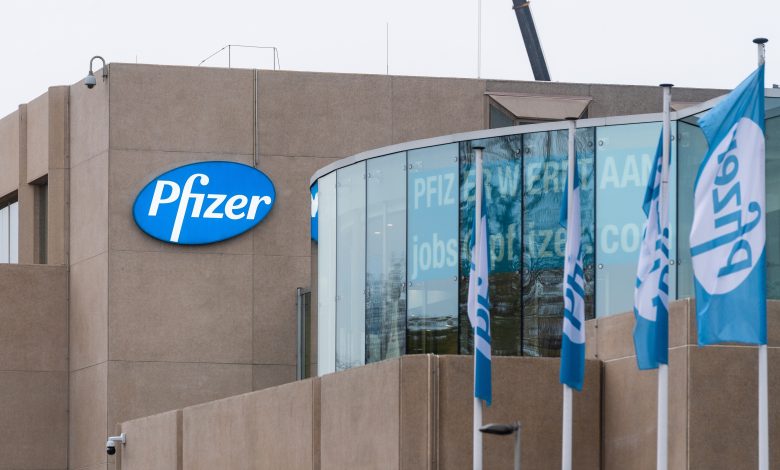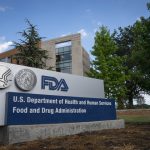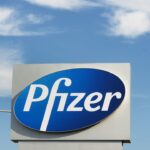The Supply of 30 Drugs May Be Disrupted By Tornado Strike On Pfizer’s Rocky Mount Plant

The devastating tornado that struck Pfizer Inc’s Rocky Mount plant in North Carolina is raising significant concern over potential supply disruptions for more than 30 drugs, including painkiller fentanyl and anesthetic lidocaine. In response to the disaster, the company issued a letter to its hospital customers, alerting them to the possibility of continued or new supply shortages for approximately 64 different formulations or dosages of the affected drugs produced at the plant.
To manage the situation, Pfizer implemented limits on the quantity of these drugs that its customers can purchase. The decision to identify the drugs experiencing supply disruptions was based on Pfizer’s assessment of market share and inventory levels, ensuring a strategic approach to allocation.
Although the warehouse was completely destroyed by the tornado, Pfizer’s CEO, Albert Bourla, stated that the production facilities at the plant appeared to have escaped major damage. This positive news might help mitigate the overall impact of the disaster on drug availability.
The Rocky Mount plant holds considerable significance in the pharmaceutical industry, being one of the largest factories globally for sterile injectable medicines. Its diverse product range encompasses anesthesia, painkillers, and anti-infective medicines, which are vital for hospital use.
Pfizer’s website highlights that almost a quarter of the company’s sterile injectables used in U.S. hospitals are produced at the Rocky Mount facility, underscoring the importance of the plant in maintaining a stable supply chain for critical medications.
Michael Ganio, Senior Director of Pharmacy Practice and Quality for the American Society of Health-System Pharmacists, expressed concern that several of the drugs on Pfizer’s list were already facing shortages even before the tornado struck. He emphasized that many hospitals and health systems were already taking measures to manage these potential shortages effectively.
Ganio’s optimism stems from the likelihood that healthcare facilities have already initiated contingency plans or implemented strategies to address drug shortages. The proactive approach taken by hospitals may help minimize the impact of the situation and ensure patients continue to receive essential medical treatments.
In the wake of this natural disaster, Pfizer is working diligently to restore production capabilities and stabilize the supply of critical medications. The incident serves as a reminder of the importance of disaster preparedness and the need for robust contingency plans in the pharmaceutical industry to maintain the availability of life-saving drugs during unforeseen emergencies.





